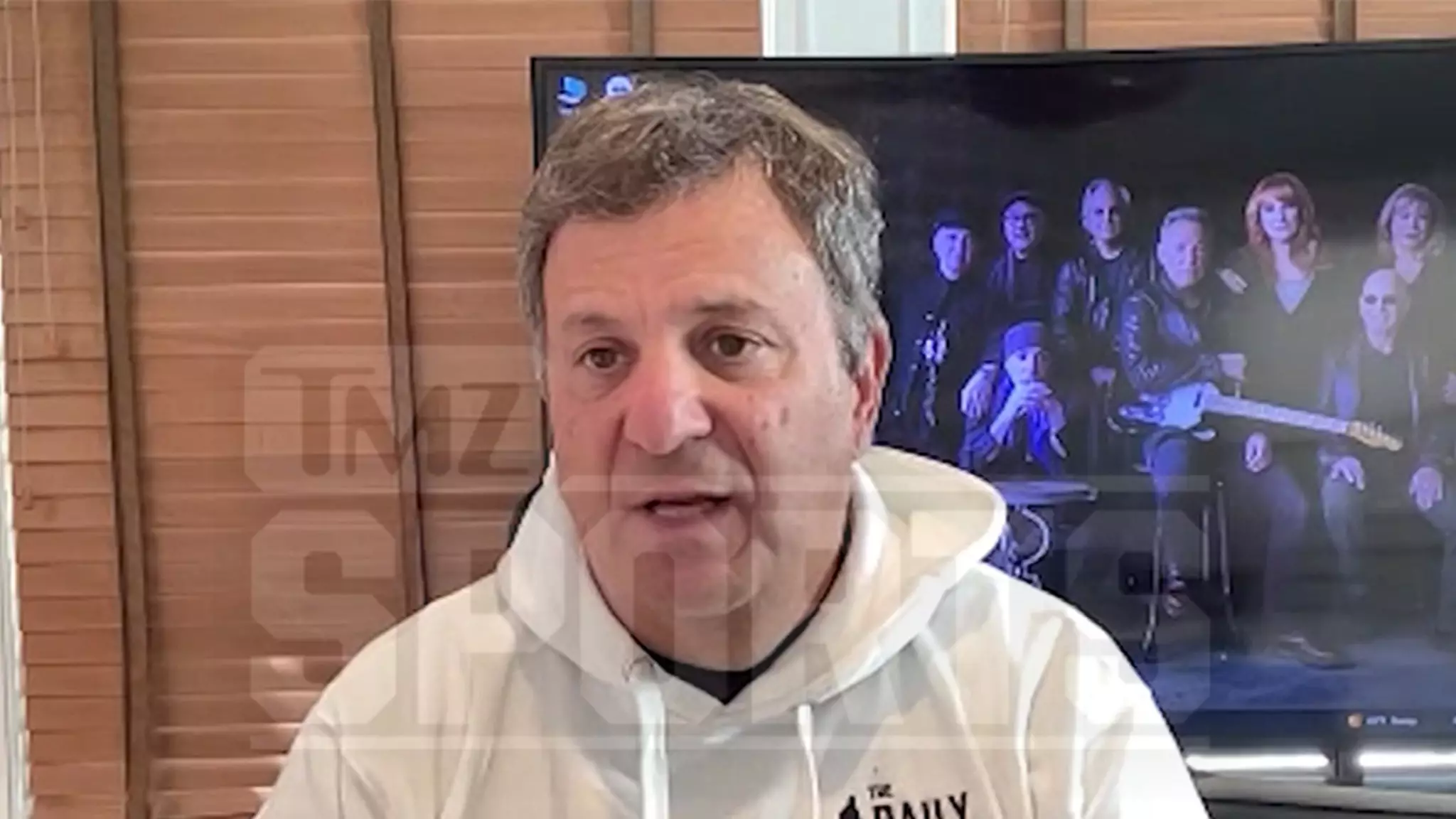In an unprecedented turn of events, the New York Jets parted ways with head coach Robert Saleh, igniting conversations about the health of the franchise after starting the season with a lackluster 2-3 record. The decision, taken after just five games of the current season, has left fans and analysts alike speculating about the team’s internal dynamics and the pressure mounting on ownership. What many find particularly alarming is that this decision comes amidst an overarching theme of dysfunction, as noted by former NFL general manager Michael Lombardi, who publicly criticized the team for waiting until this point to make a change.
The abrupt firing raises critical questions about the organization’s direction and accountability. Lombardi maintains that the franchise had long been aware of its issues but chose to fall short in rectifying them last season. This sentiment is echoed by numerous reports indicating player discontent regarding management’s failures in addressing systemic issues. Players have expressed a persistent desire for accountability, suggesting that this recent decision may not represent a true departure from a troubling culture within the Jets’ locker room.
Interestingly, Saleh’s record during his tenure—20 wins and 36 losses—is cited as a significant factor in his dismissal, but this statistic alone doesn’t paint the complete picture. The expectation for improvement gave rise to the perception that the franchise was treading water, leading to a losing morale, both on and off the field.
While Saleh has taken the fall, observers are turning their attention to offensive coordinator Nathaniel Hackett, whose underwhelming offense has left much to be desired. The Jets have averaged a mere 18.6 points per game, even with high-caliber talents at their disposal, such as Aaron Rodgers, Breece Hall, and Garrett Wilson. This trend raises the question: why has Hackett remained unscathed amidst the organization’s struggle for effectiveness?
Many will recall the previous season, where quarterback Zach Wilson took the brunt of criticism for the offense’s shortcomings. Yet, as the current season unfolds, it’s clear that the underlying problems extend beyond one player; it’s a broader failure of both the coaching staff and the offensive strategy. Saleh’s contemplation to replace Hackett before his own dismissal illustrates this systemic issue.
Now left in the wake of Saleh’s departure, interim head coach Jeff Ulbrich faces a daunting task ahead. He has twelve games to improve the situation and potentially establish himself as a viable candidate for head coach in the future. His immediate challenge will be navigating a high-pressure rivalry against the Buffalo Bills, where not only pride is at stake but also crucial playoff positioning within the AFC East.
The Jets find themselves at a crossroads, grappling not only with internal strife but also with the pressing need for organizational stability. Saleh’s departure may act as a catalyst for change, but unless deeper issues, particularly in the offense, are addressed, the franchise may continue to spiral further into dysfunction. Only time will tell whether the Jets can re-establish themselves as a competitive team in the demanding landscape of the NFL.

